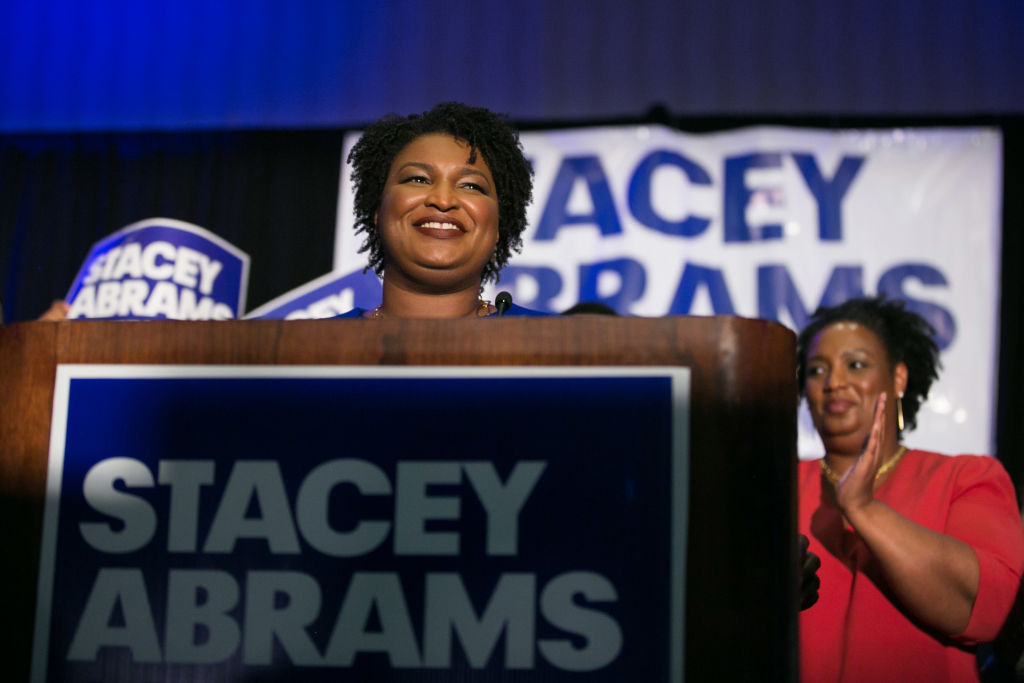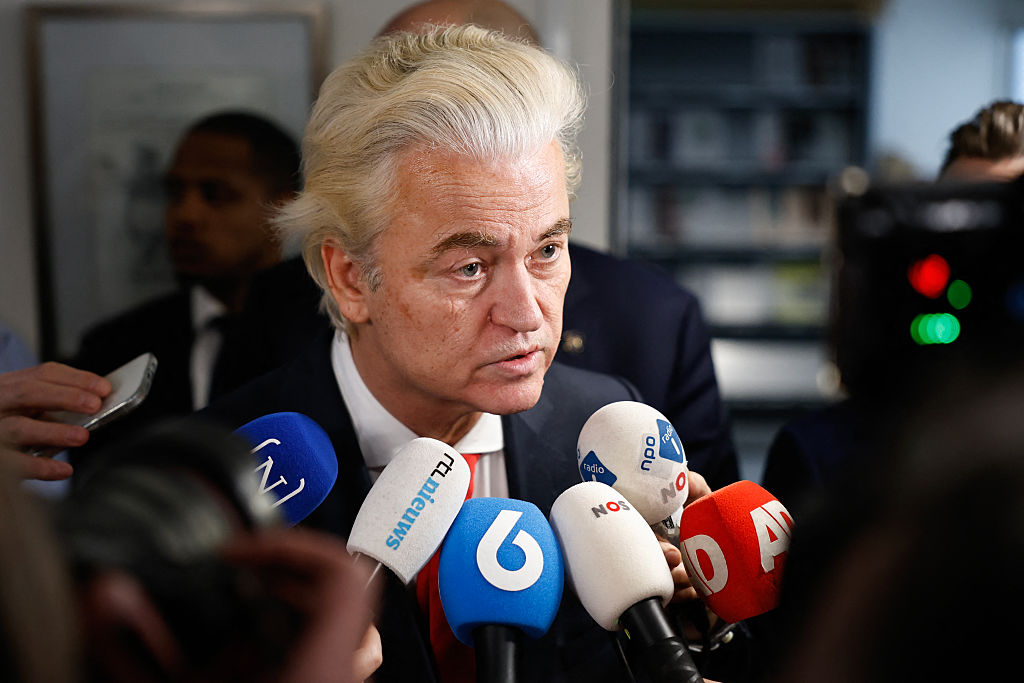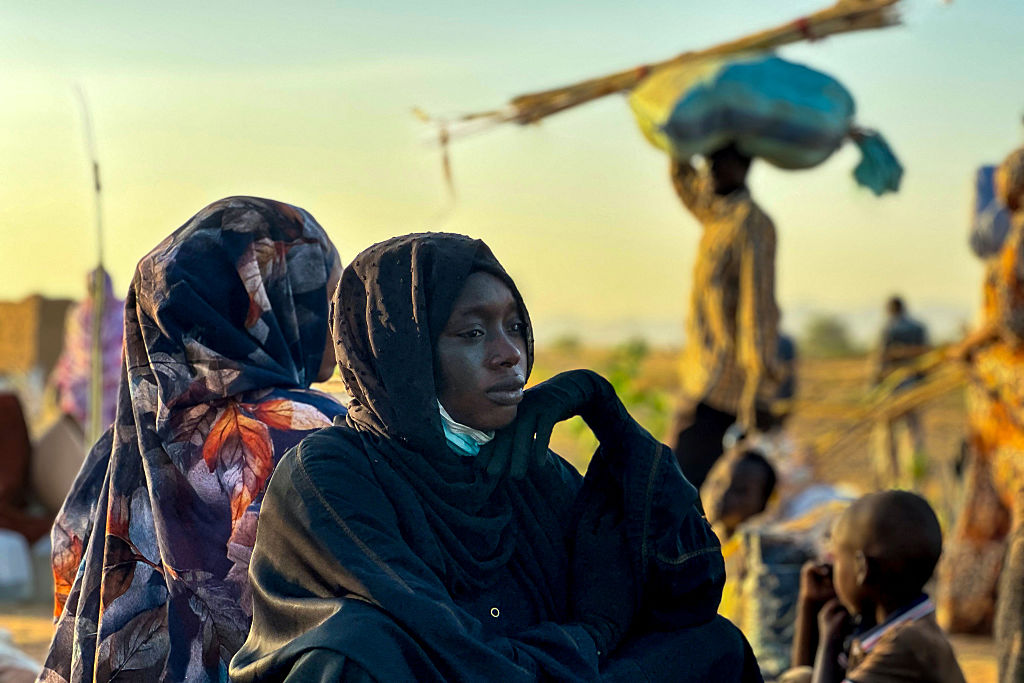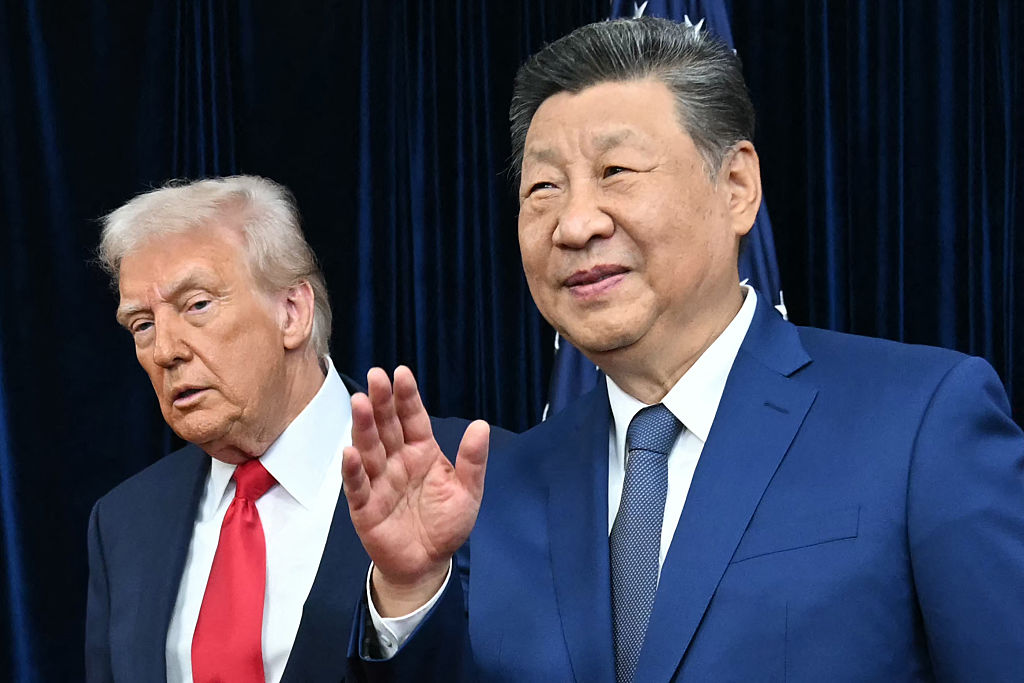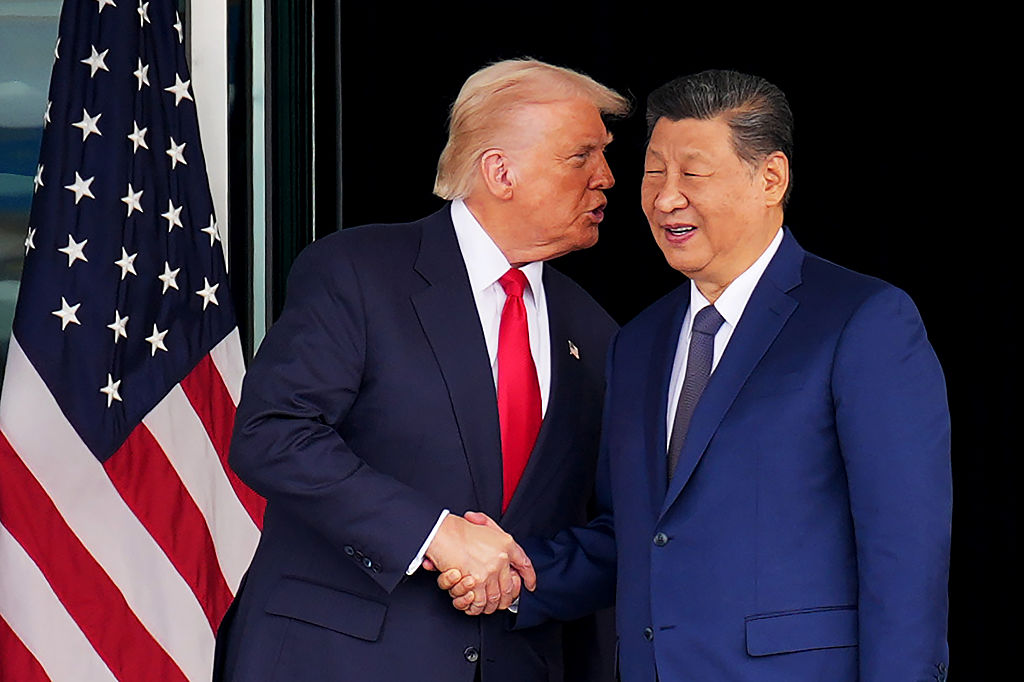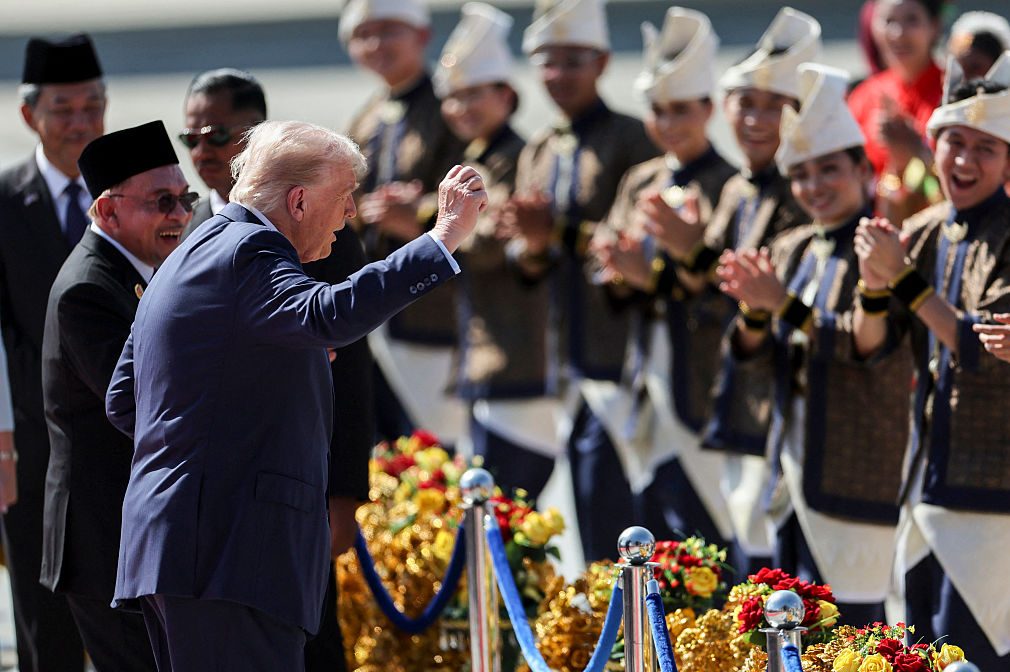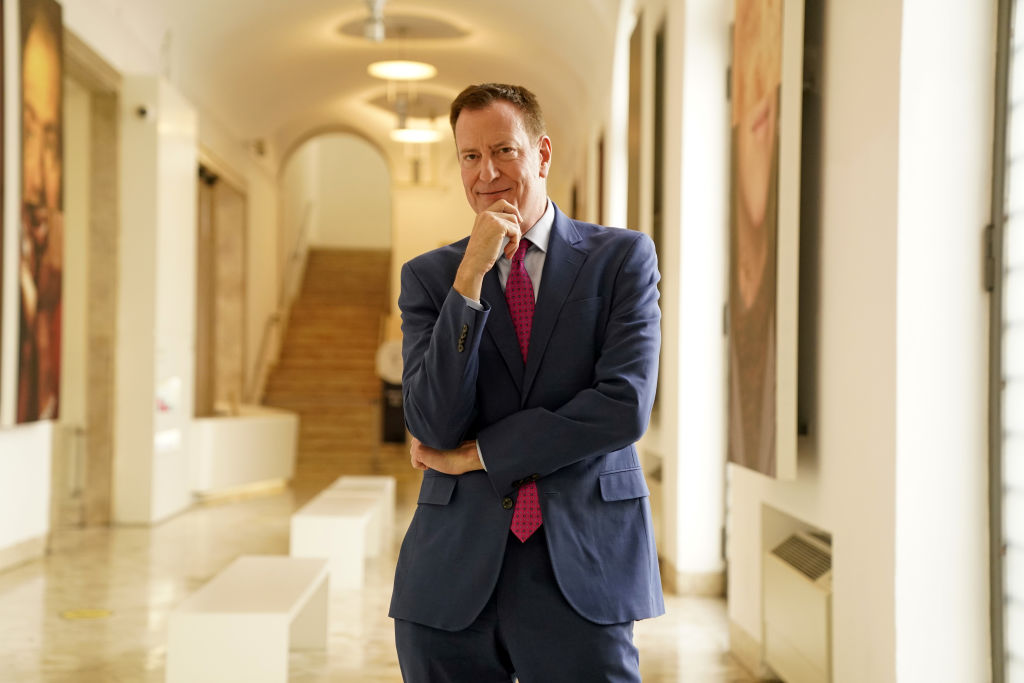Georgia’s 2018 gubernatorial election promises to be a rambunctious affair, testing all the familiar fault lines of contemporary politics: racial divisions, social wedge issues, immigration angst. It also promises to be the first election of its kind for state office in Georgia: one in which local politics are totally nationalized.
For decades, voters in Georgia have differentiated their national and state politics. From 1964 to 2002, Democrats kept a 130-year stranglehold on the governor’s mansion. But, apart from Jimmy Carter, only one Democrat won Georgia’s electoral votes in a presidential contest.
When Republicans finally took over in 2002, they won as the party of fiscal sobriety and economic prosperity. More important, Georgia Democrats continued mostly to eschew the national party’s leftward lurch in favour of business-friendly centrism, with just a spit-polish of progressivism.
No more. This year’s Democratic nominee, Stacey Abrams, is unapologetically running as perhaps the most liberal statewide candidate in Georgia’s history, more in line with Bernie Sanders and Elizabeth Warren than Sam Nunn or Zell Miller. Likewise, her Republican opponent, Brian Kemp, has tethered his candidacy to the president far more closely than usual in these parts — and, it’s no coincidence, he won the primary runoff by a shockingly large margin after Donald Trump endorsed him.
These maneuvers may tell us more about the electorate in Georgia, the nation’s eighth-largest state by population, than about the candidates themselves. Both Abrams and Kemp were known for quite different personae than the caricatures they’re playing in this election: she as a pragmatic dealmaker who’d work with Republicans rather than a take-no-prisoners leftist, he as an easy-smiling small businessman rather than a shotgun- and chainsaw-wielding Trumpist. That both candidates decided to run toward the hard edge of their parties—and succeeded in their primaries by doing so — indicates Georgia’s voters are no longer differentiating between national and state politics.
For Abrams, the clear strategy is to maximise turnout among her base. There’s logic to that. Running toward the middle in 2014 accomplished little for two historically surnamed candidates: Jason Carter (grandson of Jimmy) and Michelle Nunn (daughter of Sam). It was much the same story for Georgia Democrats all the way back to their loss of power in 2002. Instead, Abrams is taking a page from last year’s bonanza of a special congressional election between Democrat Jon Ossoff and Republican Karen Handel. Spending tens of millions of dollars — in one congressional district spanning parts of just three metro Atlanta counties — Ossoff found, and turned out, pretty much every single Democrat who lives in the district.
Abrams is trying a similar appeal to her base of African Americans and white liberals – and, more important, her potential base of African Americans who typically don’t vote. Thus she’s focused on funding ‘cradle to college’ education programs, expanding Medicaid, and reversing tax-rate cuts that offset a potential state windfall following the federal tax reform.
Optimism for Kemp starts with the fact Ossoff didn’t win. There were still more Republicans than Democrats in that special congressional election, and the GOP ground game was adequate to the task of getting them to the polls — two factors that seem likely to play out in this statewide election as well. Polling indicated the GOP primary electorate was keen on issues tied to illegal immigration, such as sanctuary cities, which are already banned in Georgia. But the broader electorate in November is far more likely to be interested in continuing the prosperity and job creation that flourished under term-limited Gov. Nathan Deal. Kemp has the latitude to tack back to that economic center; Abrams, because of her max-turnout strategy, doesn’t.
Pessimism for Kemp, on the other hand, starts with the mercurial nature of the president who endorsed him. The advantage Trump gives in a primary election — in Kemp’s case, a 40-point win over three-term Lt. Gov. Casey Cagle — may become disadvantageous in a general election. Or maybe not; with multiple Trump-fed news cycles every day, who knows what will inform voters two months from now?
This much is certain: The expectation that Georgia will become a swing state at some point, most likely in the next decade, was built on its changing demographics. But the possibility it will reach true swing-state status sooner than that hinges much more on what’s going on beyond Georgia’s borders.



